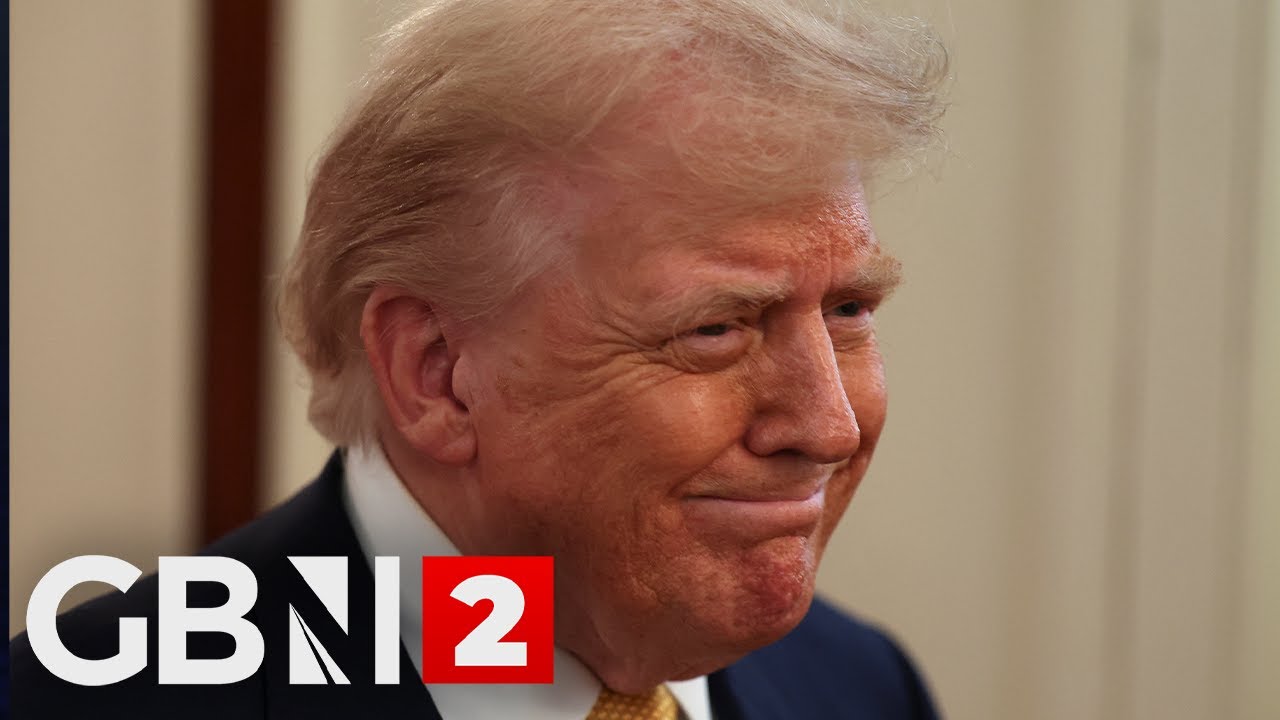Former President Donald Trump emphasized America’s commitment to maintaining global leadership in artificial intelligence through streamlined federal regulations, energy dominance, and promoting fair AI export policies while opposing ideological biases in AI development. He highlighted the importance of innovation, patriotism, and sensible regulation to usher in a new “golden age” of American technological and economic supremacy.
In his address on artificial intelligence, former President Donald Trump emphasized America’s leadership and dominance in the AI race, declaring that the United States will do “whatever it takes” to maintain its position at the forefront of this transformative technology. He highlighted the importance of common sense in regulating AI, advocating for a single federal standard to avoid a patchwork of state regulations that could hinder innovation and competitiveness. Trump criticized overly complex intellectual property rules that could stifle AI development and stressed the need for fair and streamlined policies that allow AI to learn from existing knowledge without excessive contractual barriers.
Trump also discussed his administration’s broader economic and energy policies, linking them to the success of AI and technological infrastructure. He praised recent trade deals and investments, particularly with countries like Japan, the Philippines, Indonesia, and the European Union, which have opened their markets to American businesses. He underscored the importance of energy dominance, including the expansion of natural gas, oil, coal, and nuclear power, to support the growing energy demands of AI infrastructure and manufacturing. Trump highlighted efforts to fast-track federal permitting for data centers, factories, and power plants to accelerate AI-related projects.
A significant portion of the speech was dedicated to criticizing the previous administration’s approach to AI regulation, particularly the so-called “Biden diffusion rule,” which Trump claimed restricted American AI exports and alienated allies. He announced the repeal of this rule and pledged to promote American AI exports globally, ensuring that U.S. technology remains competitive and accessible to international partners. Trump also condemned “woke” ideology in AI development, promising to ban federal procurement of AI systems infused with partisan bias or ideological agendas like critical race theory, advocating instead for AI that pursues truth, fairness, and impartiality.
Trump praised the innovation and entrepreneurial spirit of Silicon Valley and American tech companies, emphasizing that the strength of the U.S. tech industry lies in its startups and small businesses. He warned against overregulation that could stifle this creativity and innovation, asserting that sensible and smart regulation is necessary but must not hinder progress. He called for a renewed spirit of patriotism and national loyalty within the tech industry, urging companies to put “America first” and contribute to the country’s technological and economic leadership.
Concluding his address, Trump framed AI as the next great American invention, following a legacy of groundbreaking innovations like the light bulb, telephone, computer chip, and the internet. He expressed confidence that with the right policies, investments, and national unity, the U.S. will enter a “golden age” powered by American workers, energy, and technology. Trump signed executive orders to fast-track AI infrastructure permitting, promote AI exports, and ensure ideologically neutral AI procurement, signaling a commitment to maintaining U.S. supremacy in AI and technology for the future.
